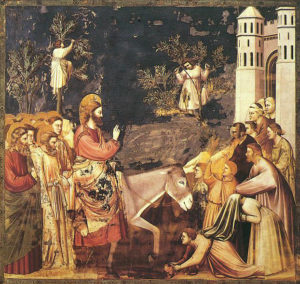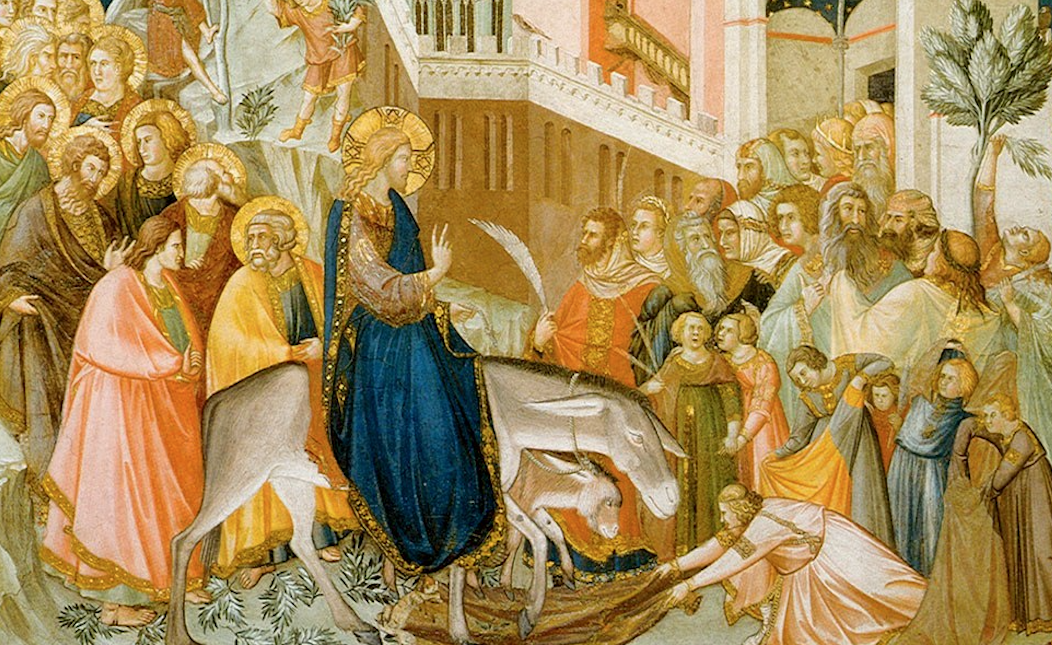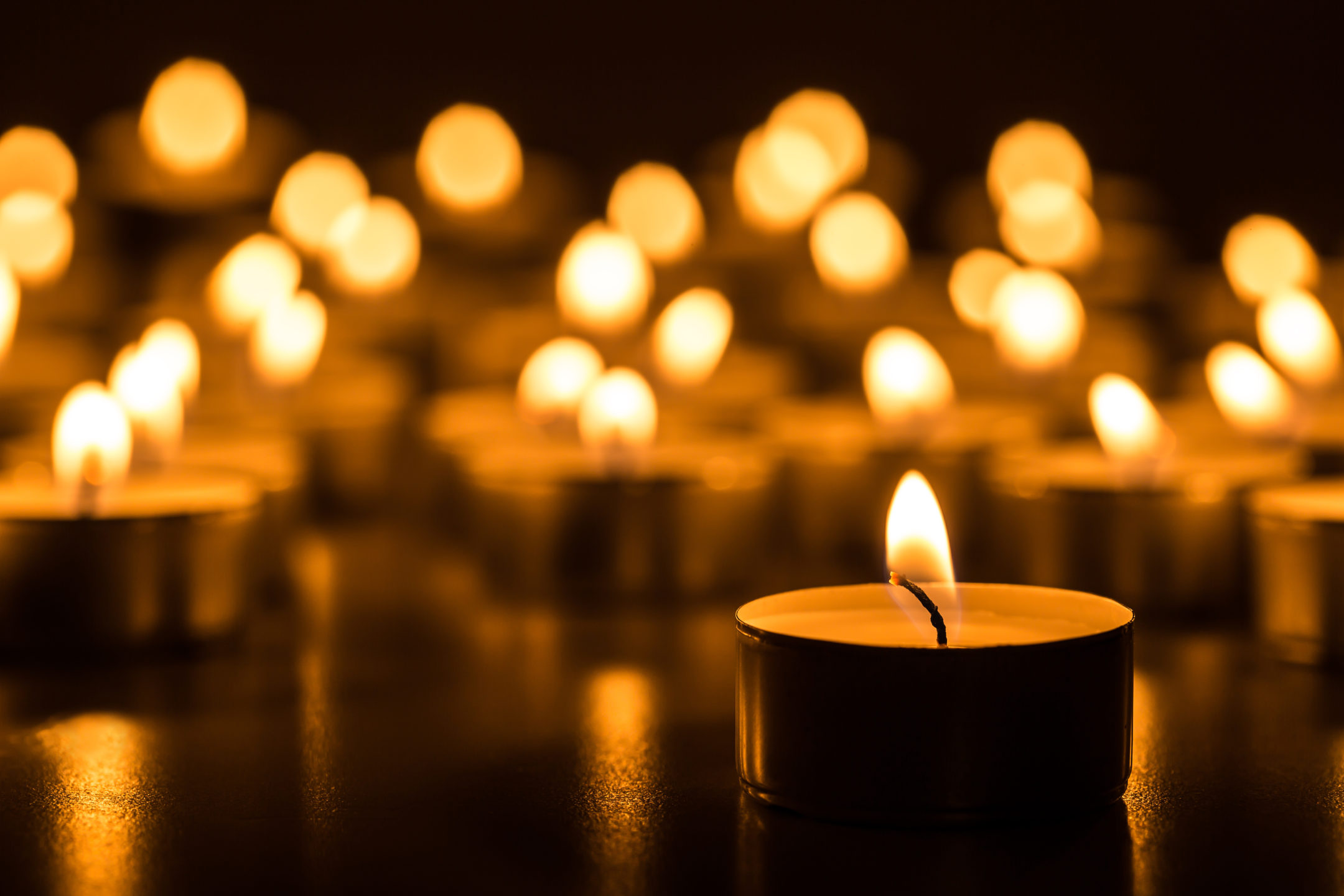This week we need to find our place in the last week of Jesus’ life. We are there, whether on not we choose to acknowledge the fact.
 Holy Week marks the closing days of Lent, our annual fast. But it’s a feast for our senses. The rituals are different. The music is distinctive.
Holy Week marks the closing days of Lent, our annual fast. But it’s a feast for our senses. The rituals are different. The music is distinctive.
It’s like finding ourselves suddenly in a strange country with unfamiliar customs.
The Mass begins in a unique way. It starts with a Gospel reading instead of the usual rites.
And when we get to the customary place where the Gospel is read, we find that we’re not just listeners this time. We have a part to play. We have lines to read aloud.
Palm Sunday disrupts us. It dislocates us. It finds us in our comfortable place in the spectator’s box, and it drags us into the action. Suddenly it’s not just some long-ago people who are welcoming Jesus and waving palms. It’s you and me.
Suddenly it’s not just historical figures who are demanding that Jesus be put to death. It’s you and me.
Palm Sunday tears away the veil that we put up to protect ourselves from reality.
Palm Sunday makes us face the fact that we’re not just observers in the life of Jesus. We’re not just hearers of the Gospel. At any given moment, we are either welcoming Jesus or shouting for him to be put away.
We can multiply examples of this. When we refuse to listen to gossip, we are welcoming Jesus. If we choose instead to listen to gossip, we are complicit in his death — just as we’re complicit in the destruction of our neighbor’s reputation.
When we spend time with our families — putting aside our own interests or preferences — then we are welcoming Jesus. If we indulge our selfish whims instead, we are stealing time from our families.
The message of Palm Sunday is that we always face the choice, and we are perfectly capable of choosing badly.
The Bible tells us that Jesus’ sacrifice was “once for all,” but that doesn’t mean it’s once and done. Through the Church’s rites, we participate in a real way in those ancient events. When the Jews of Jesus’ time kept the Passover, they always observed it as something happening in the present. The rabbis taught: “In every generation a man must regard himself as if he himself came out of Egypt.”
This week we need to find our place in the last week of Jesus’ life. We are there, whether on not we choose to acknowledge the fact.
It will be challenging now, because we are quarantined. We cannot handle the palm branches. We cannot stand in a crowd and await our speaking parts during the long drama of Jesus’ Passion.
But we can make do, as our ancestors have done in times of greater hardship, and making do we can make it even better. That is the particular grace of this Holy Week in this most extraordinary year.

